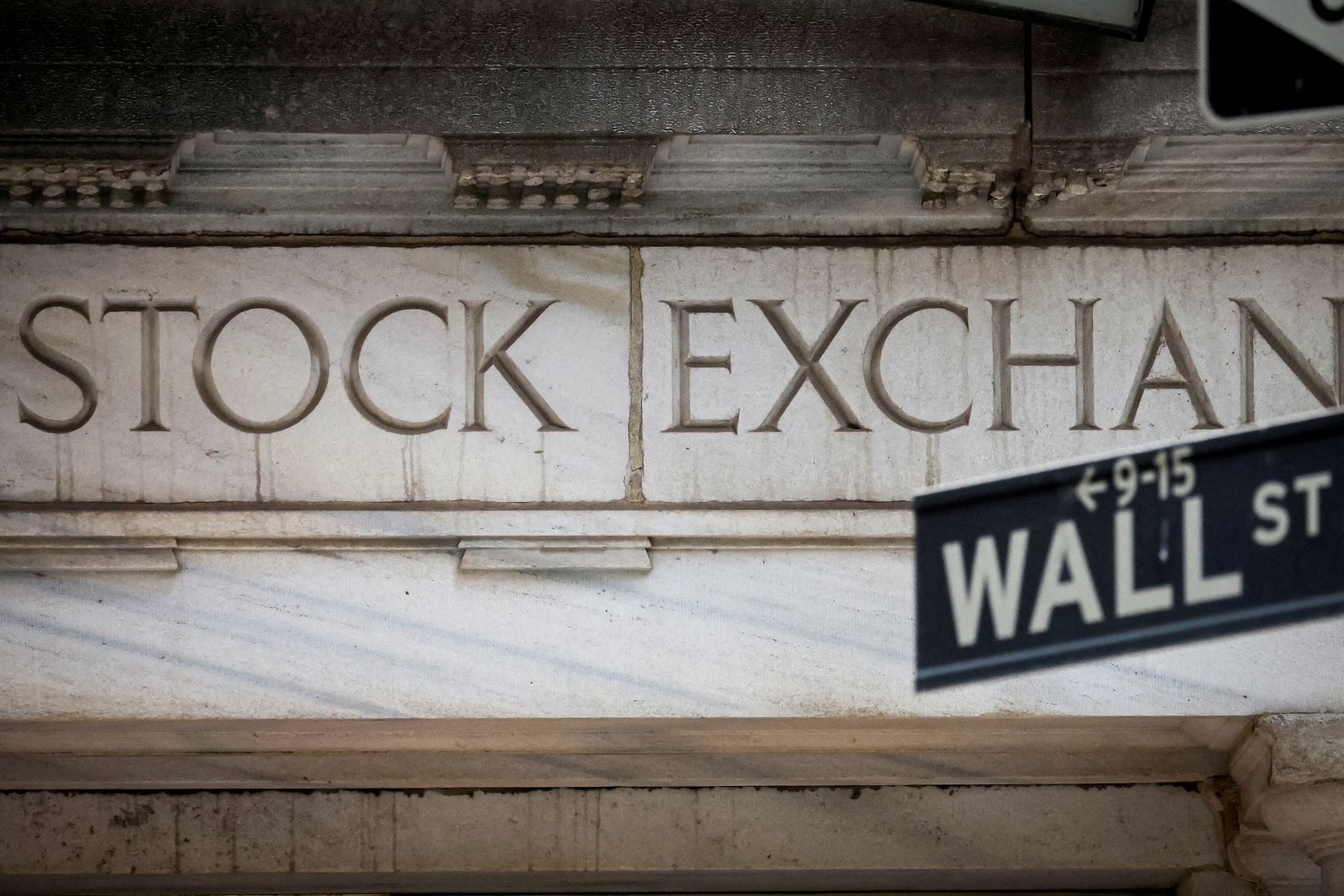Time for asset managers to tighten their belts + Junk is getting thrown out

Asset managers are getting stung by the market downturn: Global asset managers are preparing to make cutbacks in 2023 following the worst year for financial markets since the global financial crisis, the Financial Times reports. Faced with declining revenues, firms are pausing new recruitment and cutting back on bonuses to avoid large-scale layoffs. Assets in US-based mutual and exchange-traded funds fell 17% between January and October last year, according to the most recent available data.
These are likely to be only half-measures: “Big structural changes will need to be made to take costs out of the business,” one partner at a wealth and asset management firm told the salmon-colored paper. “The temptation is to take a little bit off everything. In reality it doesn’t move the dial.”
Investors are cutting back on junk assets: Rising borrowing costs are pushing some of the biggest players in the US junk bond market to reduce their exposure amid debt downgrades and defaults, according to the Financial Times. Momentum in the USD 1.4 tn junk market held up even amid rising rates last year but is likely to go into reverse in 2023 as collateralized loan obligation vehicles (CLOs), which own around two-thirds of US low-grade corporate debt, begin to exit riskier and highly indebted companies.
Also worth noting this morning:
- The US is 2022’s surprise dominant LNG exporter: The US soared to become the world’s joint-largest exporter of LNG in 2022, continuing a meteoric rise over the past eight years on the back of shale gas reserves. The US tied with Qatar to export 81.2 mn tons of LNG last year, up from 75 mn in 2021, according to ship-tracking data. (Bloomberg)
- Loss-making KIA fund to leave London: The Kuwait Investment Authority plans to relocate the management of a USD 7 bn fund from London to Kuwait on the back of bns of USD in losses. (Bloomberg)
- The UK will endure the deepest recession and weakest recovery among its G7 peers, according to more than 80% of 101 UK-based economists surveyed by the FT. Respondents attributed the severity of the downturn to a series of policy missteps, a shrinking workforce, and susceptibility to the global surge in energy prices. (Financial Times)
- Price hikes in Turkey fell at their quickest rate since 1995: The rate of inflation in Turkey fell to 64.3% y-o-y December, compared to 84.4% the month prior due to the base effect and relative stabilization of the TRY since the end of 2021. (Bloomberg)
| EGX30 | 15.068 | +0.7% (YTD: +3.2) | |
| USD (CBE) | Buy 24.73 | Sell 24.81 | |
| USD at CIB | Buy 24.72 | Sell 24.79 | |
| Interest rates CBE | 16.25% deposit | 17.25% lending | |
| Tadawul | 10,661 | +0.8% (YTD: +1.7%) | |
| ADX | 10,288 | +0.3% (YTD: +0.8%) | |
| DFM | 3,329 | -0.1% (YTD: -0.2%) | |
| S&P 500 | 3,824 | -0.4% (YTD: -0.4%) | |
| FTSE 100 | 3,902 | +1.2% (YTD: +2.6%) | |
| Euro Stoxx 50 | 7,584 | +1.8% (YTD: +2.0%) | |
| Brent crude | USD 82.10 | -4.4% | |
| Natural gas (Nymex) | USD 4.00 | +0.3% | |
| Gold | USD 1,844.00 | -0.1% | |
| BTC | USD 16,655 | -0.2% (YTD: +0.9%) |
THE CLOSING BELL-
The EGX30 rose 0.7% at yesterday’s close on turnover of EGP 2.21 bn (42.8% above the 90-day average). Foreign investors were net sellers. The index is up 3.2% YTD.
In the green: Madinet Nasr Housing (+5.3%), Palm Hills Development (+4.7%) and Heliopolis Housing (+4.6%).
In the red: Juhayna (-2.0%), Cleopatra Hospitals (-1.9%) and CIRA Education (-1.9%).
Asian markets are mixed in early trading this morning, while futures suggest a wall of green when European and US markets open later on today.